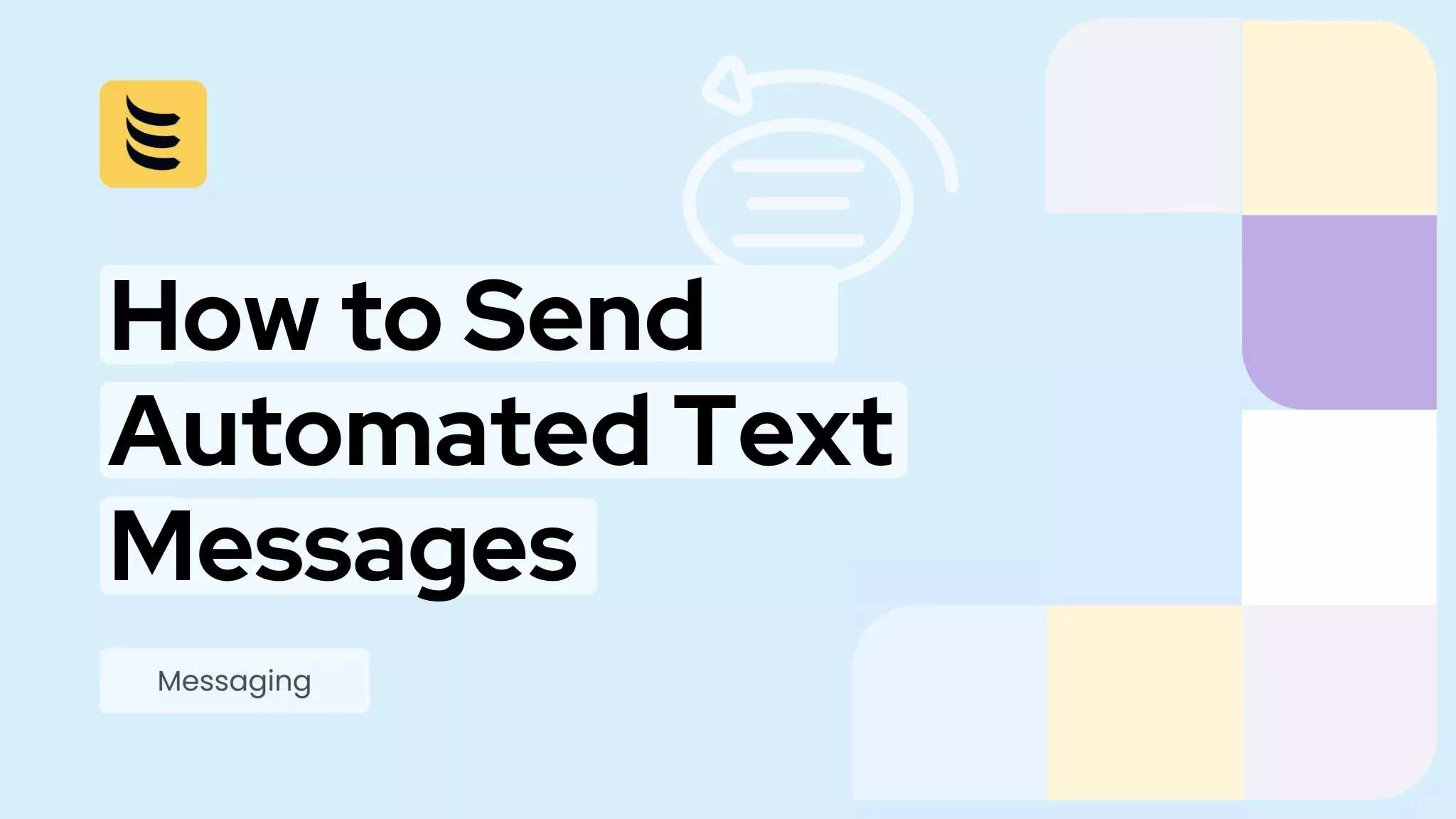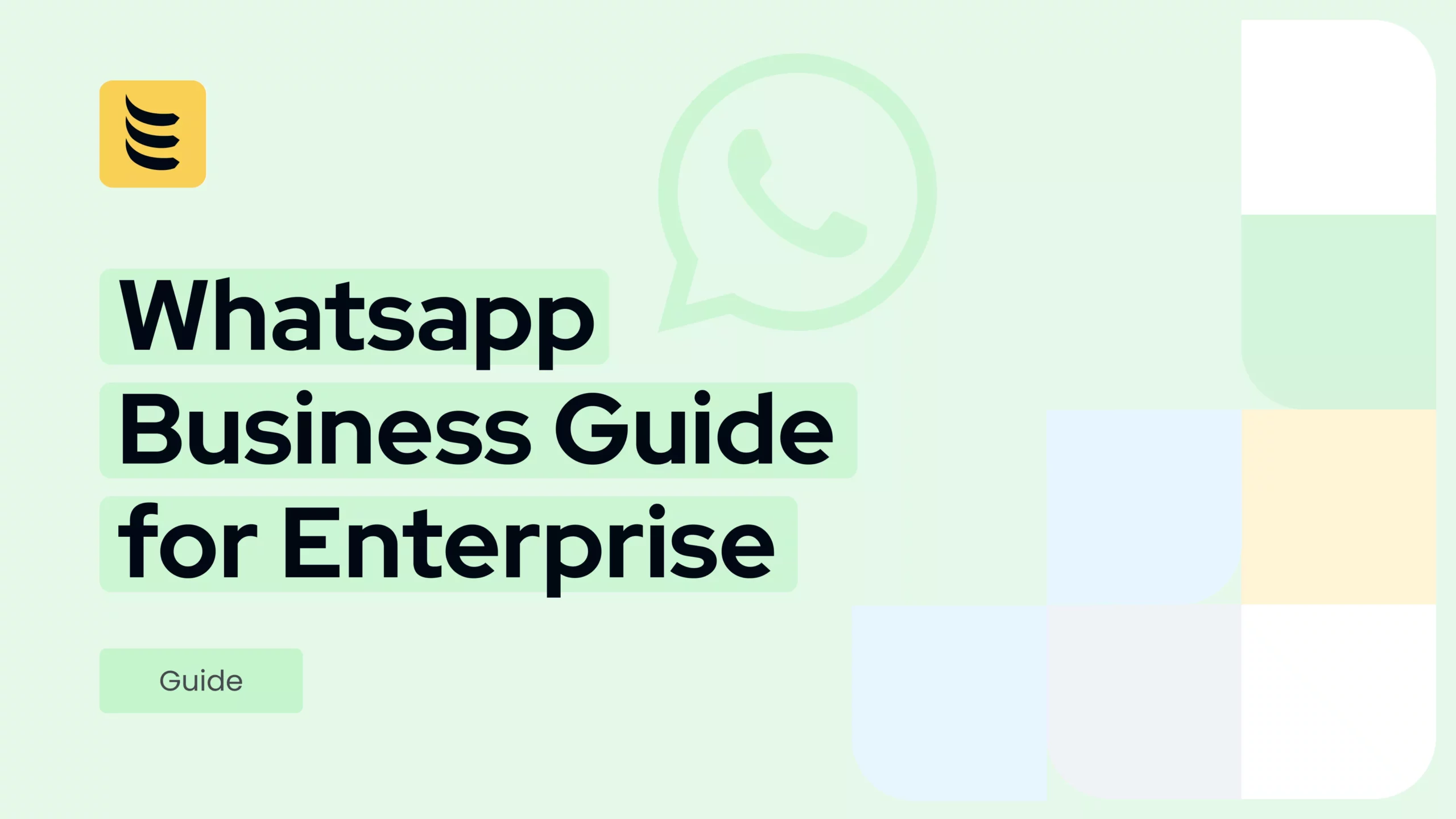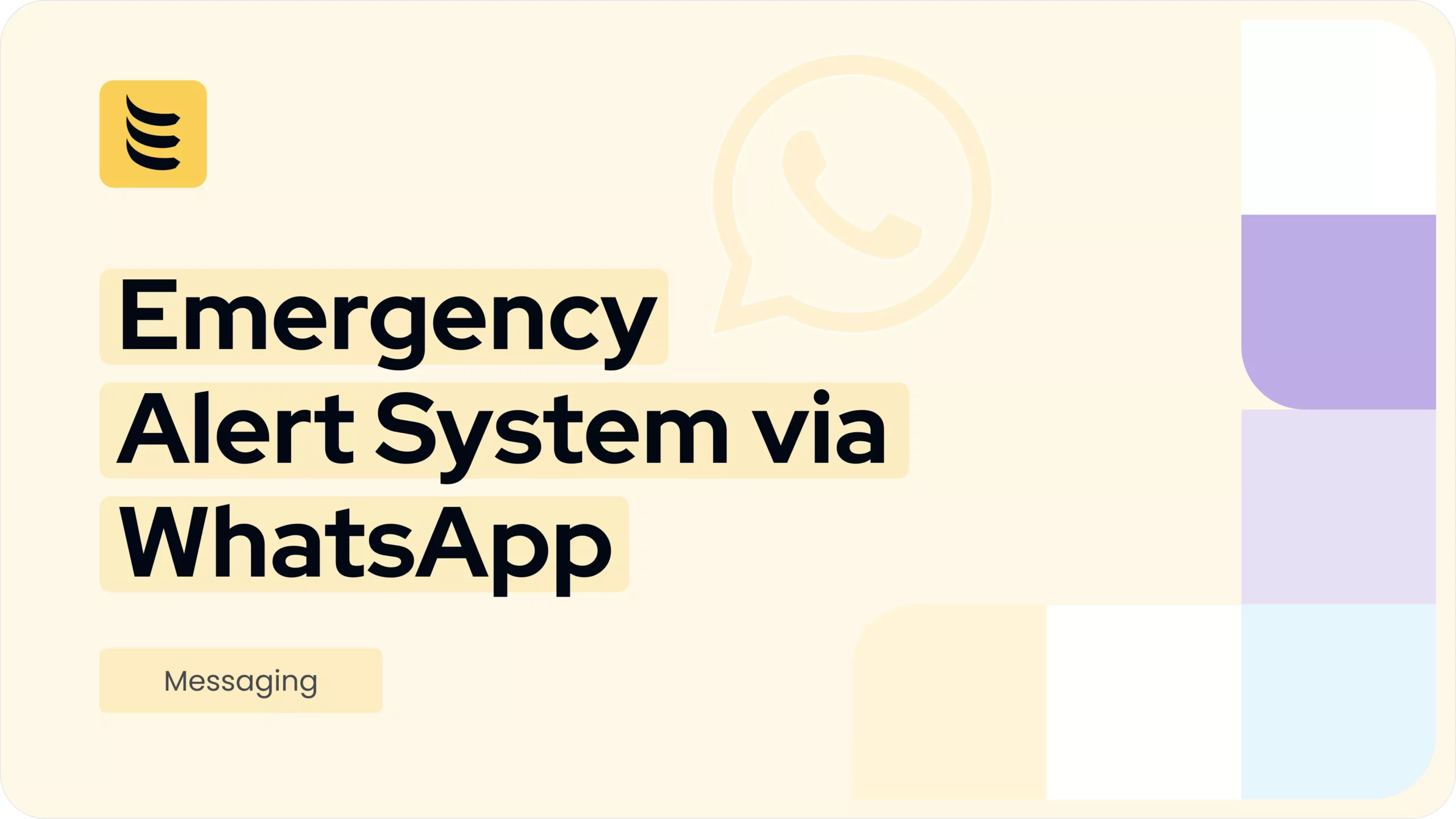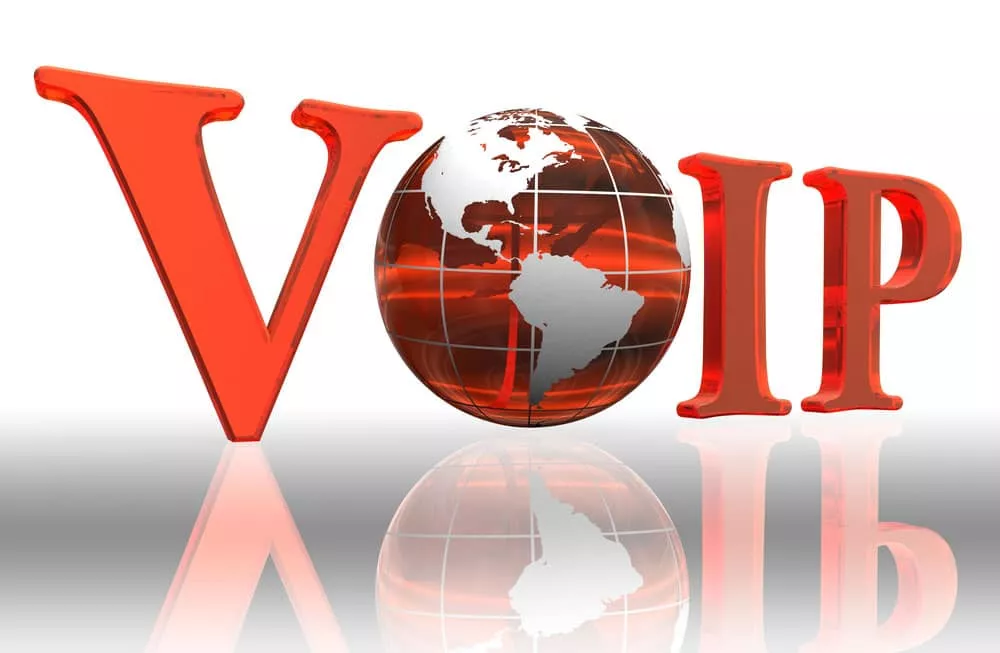Introduction
A recent study by Grand View Research reveals that around 65% of the global population uses Short Message Service or SMS text messaging. Of these users, approximately 75% of consumers prefer to receive special offers via SMS.
These consumers increasingly prefer text messages that offer immediate value, like exclusive deals, flash sales, or time-sensitive information. So businesses must be able to meet this demand for time-sensitive or real-time data, at scale.
One way of achieving this is through the use of automated text messages.
What is an automated text message?
An automated text message is a text-based communication that is sent to its intended recipient automatically, with minimal human intervention.
Automated text messages are typically the basis for Application-to-Person or A2P communications, where a software-based system initiates contact with a human recipient, who may then engage in a one or two-way dialogue with an organization or commercial entity. So for example, automated text messages can request a verification code for completing a transaction, or issue a One-Time Password or OTP.
Benefits of SMS Marketing Automation
Automation brings a number of benefits to SMS marketing. They include the following:
High Engagement and Response
Grand View Research confirms that businesses sending text messages can experience an open rate of 98% for an SMS campaign, which is five times that of an email. 90% of these messages are read by consumers within one to three minutes of receipt.
Cost-Effective Efficiency
Automating text messages saves time and resources, and provides business marketers with a lower cost alternative to conventional marketing methods such as print or TV commercials.
Greater Accessibility
According to Grand View Research, 75% to 78% of customers prefer to communicate with a business via SMS rather than by phone call. In terms of transactions, potential buyers who receive coupons through SMS are ten times more likely to redeem them than traditional coupons.
Personalization and Engagement
Using contact information and conversational templates, SMS marketers can use automation to create engaging, personalized messages at scale. Automation platforms that offer two-way SMS can enable interactive conversations that further improve customer engagement.
Customer Acquisition and Retention
Combined with target demographic and customer data, bulk SMS campaigns using automation can help give potential consumers an incentive to engage with your brand. Once they are on board, you can use automated text messages to deliver personalized offers and advice to established customers, fostering engagement and brand loyalty.
Enhanced Customer Service
Automated text messages can help your organization by providing proactive customer support. Analyzing text interactions can provide data and insights that help refine your customer service and other messaging strategies.
Keeping Customers Informed
Using text automation helps facilitate the process of sending reminders and acknowledging confirmations. This helps keep customers in the loop, and reduces the chances of their missing appointments and vital information. Automated text messages are also extremely useful for sending urgent notifications and alerts during critical situations or emergencies.
Choosing the Right SMS Marketing Platform
You should choose an SMS marketing platform and technology provider that offers the following options:
Easy Installation
Set up should be easy and stress-free, with comprehensive documentation and help on demand. This will enable you to get started quickly, and begin the process of attracting customers and generating revenue.
Compliance Help
If you fail to comply with the relevant frameworks governing SMS marketing in your area of operations, you could suffer damage to your business reputation, suspension of your short code, or fines. Your technology provider should be able to offer assistance in maintaining compliance.
Service Reliability
Your SMS marketing platform should provide stable network connections and consistent delivery – ideally, with failover options to maintain messaging continuity.
Effective Marketing Tools
The SMS automation platform you choose should provide comprehensive tools and features for list growth, the creation and scheduling of workflows, and event-triggered personalized messaging. Content options such as video and multimedia messaging (MMS) should also be available.
Two-way Communication
The platform should empower you to send a variety of two-way text messages to disseminate information, increase customer engagement, and foster brand loyalty.
Analytics and Reporting
Your SMS marketing platform should provide the data analysis and reporting tools you need to track key metrics and performance indicators for your campaigns.
Building and Segmenting Your Contact List
In SMS marketing, it’s vital to build up a large enough contact list, and to segment that list for targeted messaging which resonates with your audience. These tips and criteria will help.
Subscription Date
Automatically add new opt-ins to a list, so that customers who opted in recently can receive different messages than those who have been with you for a while.
Past Transactions
Using custom fields to list order numbers and products, create follow-up text messages that ask customers about their satisfaction with their last purchase. You can also add customers to lists indicating product interest, if they send specific inquiries.
Cart Abandonment
By integrating your SMS and eCommerce platforms, you can automatically send messages to customers who abandon their carts.
Loyalty Status
Create a special list for long-term customers, or members of your loyalty program. You can target these recipients for VIP deals or new product announcements.
Demographics
You can segment contacts based on their location, job title, or marketing persona. This will allow you to focus your content by geographical region and/or special interests.
Engagement Channel
Determine which communication channels contacts use to interact with you, and create targeted lists accordingly. For example, you could create an email-SMS list for customers who signed up for your email newsletter and your SMS services.
Best Practices for SMS Marketing Compliance (TCPA, GDPR)
The Telephone Consumer Protection Act (TCPA) and the Cellular Telecommunications Industry Association (CTIA) are the two most important bodies governing SMS marketing compliance in the US. Businesses operating in Europe must comply with the General Data Protection Regulation (GDPR) and the ePrivacy Directive. Follow these recommendations to stay compliant:
Only Send Messages to Customers Who Opt In
You must get express written consent from customers which ensures they understand what they’re opting into. For instance, you can create an opt-in process with a form describing the types of text messages subscribers may receive from your brand.
Offer an Easy Opt-out
Include information on how to opt-out on your form and in all of your text messages. For instance, you could ask customers to reply “STOP” to stop receiving messages.
Identify Yourself
All texts to customers must include your brand’s name.
Target Texts for Age-restricted Products
If for example you market alcohol or products for mature users, you must verify the age of each subscriber before sending any texts.
Keep to Time
The TCPA has guidelines for quiet hours, which limit the sending of business SMS messages to between the hours of 8 am and 9 pm. This applies to whichever region you send messages to, so keep an eye on time zones.
Keep Records
Maintain lists of your opt-ins and verified subscribers, for compliance audit purposes.
Timing Your Automated Text Messages for Maximum Impact
Besides the time restrictions imposed by SMS compliance frameworks, keep in mind these recommendations for timing your automated text messages:
Use the Best Time Windows
Generally, consumers tend to engage with brands across channels in the afternoon, between 1 pm and 5 pm. However, eCommerce promotions might be more effective to encourage online shopping during the evening hours.
Consider the Audience
For example, younger consumers are inclined to sleep late, and might not appreciate text messages sent in the morning hours.
Test Your Theory
Use A/B testing to establish whether customers prefer morning or afternoon messages, contact on weekdays or weekends, and the effect of different types of messaging.
Personalizing Automated SMS Campaigns
Using customer data, you can personalize your automated SMS campaigns, based on the following criteria:
Contact Details
Include the person’s name, email address, and/or job title.
Demographics
Use tailored messaging and language based on the recipient’s age, gender, level of education, cultural background, etc.
Buying Habits
Use information from past transactions and inquiries.
Location
Use geographical information to create region-specific and localized offers or information drops.
Stage of the Buyer’s Journey
This can help determine the types of information, assistance, and offers you make.
Setting Up Drip Campaigns with Automated Texts
A drip campaign is an automated time-released communication series, with messages you can send in response to the customer’s reaction to the previous communication. To set one up:
Plan the Campaign
Define your business objectives, and identify your target audience. Develop an SMS strategy on this basis.
Create the Campaign
Set up the automated workflow, schedule your messages, and personalize content based on your target audience.
Test and Optimize
Run A/B testing of different messages, based on your performance metrics.
Integrating SMS Automation with Your CRM
By integrating SMS automation with your Customer Relationship Management (CRM) system, you can streamline workflows, personalize customer communications, and ultimately, enhance the customer experience.
A good SMS marketing platform will natively integrate with various CRM tools such as HubSpot and Salesforce. The specifics for doing this will vary, depending on the platform.
Using SMS Automation for Event Reminders and Updates
Event-triggered configuration lets you automate messages based on customer actions or events, such as subscription to your SMS list, or purchases. Alternatively, you can use text message automation to provide important transactional information, such as booking confirmations, order updates, shipping notifications, or acknowledging payments.
Other types of automated text message can provide reminders such as upcoming deadlines or appointments, or acknowledge recurring events like birthdays and anniversaries. Automating timely or real-time alerts and notifications can keep recipients informed about important updates, changes in service, or emergencies.
Automated customer support messages can provide on-demand assistance and service updates, answer customer queries, or resolve issues. At the same time, you can use automation to send out feedback requests, or invitations to customer surveys, which can help in assessing the quality of your product or service offerings.
Using the Right Technology Platform
For cost-effective and efficient SMS automation, you need the right technology platform.
IDT Express Omnichannel Messaging ensures seamless messaging across diverse channels, to help ensure that important dates, appointments, deliveries, and renewals are never missed.
Using the IDT Express Omnichannel Messaging platform’s marketing tools, you can boost engagement with special offers, loyalty promotions, and discounts to drive business growth. Using OTP Verification, you can enhance user authentication and security with one-time passwords and two-factor authentication, with Alerts to keep your audience informed with general information that matters.
With the IDT Express Omnichannel Messaging SMS API (Application Programming Interface), you can seamlessly integrate with your CRM and other business systems.
IDT Express Omnichannel Messaging provides detailed analytics and reporting tools – and you can set up automatic failover to ensure uninterrupted communication with your customers.
To find out more and set up a trial account, visit our website.




